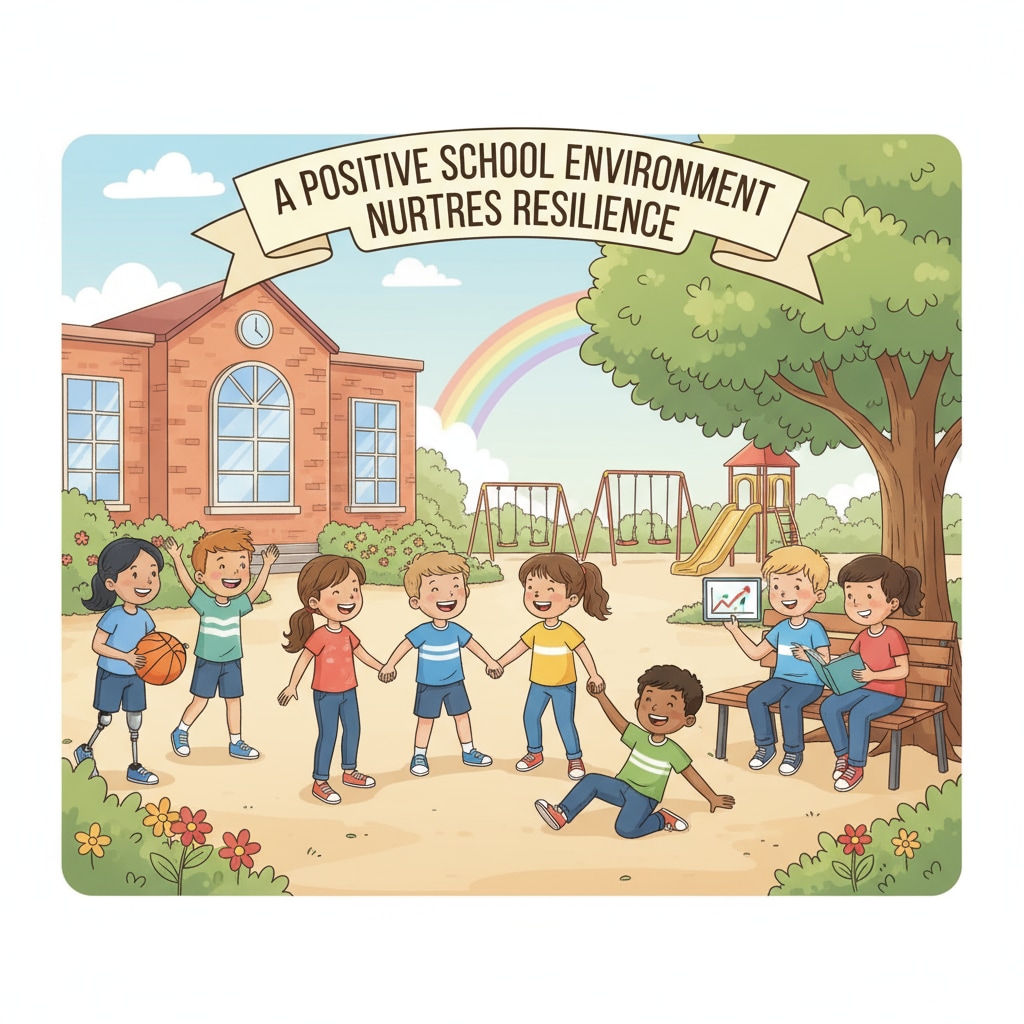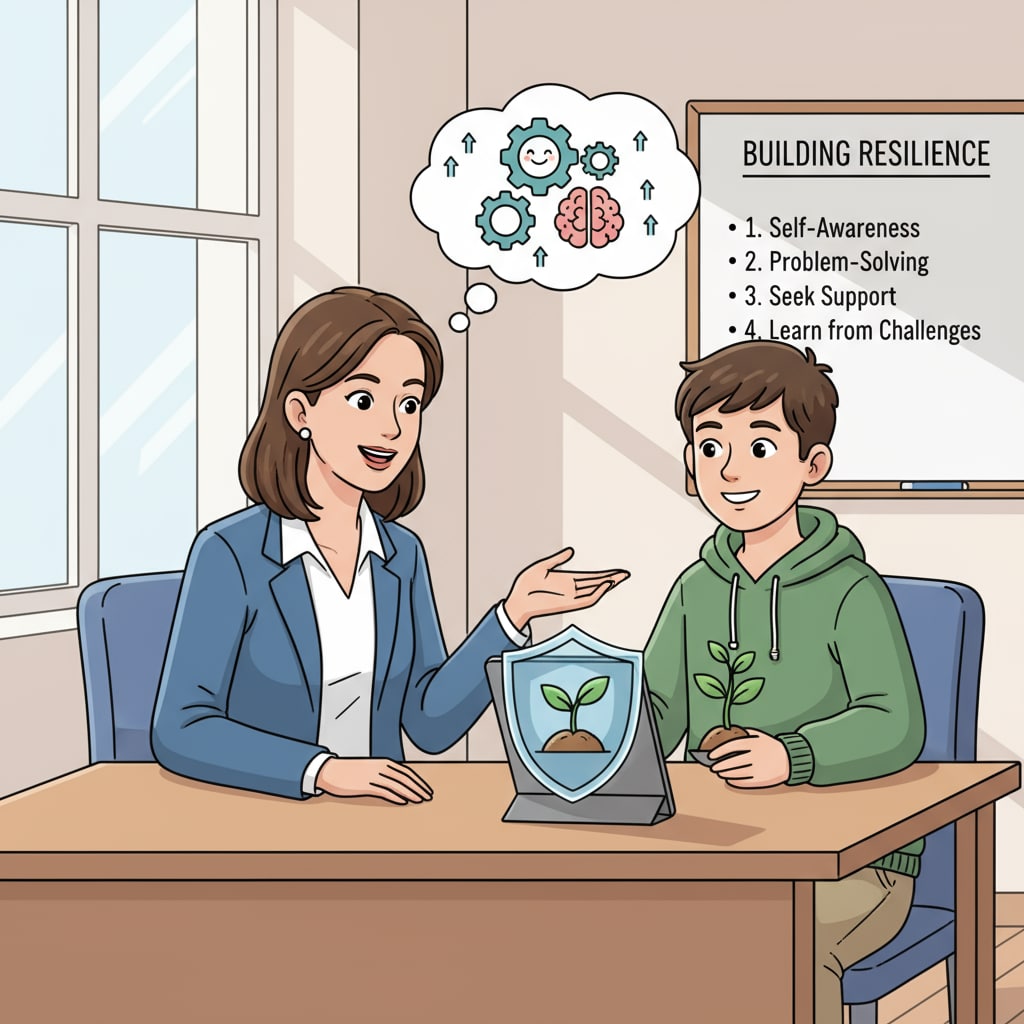In the realm of K12 education, the concepts of school responsibilities, psychological resilience, and the division of labor between home and school are of utmost importance. As children navigate through their academic journey, it is essential to understand who shoulders what responsibilities in nurturing their psychological resilience.

The Significance of Psychological Resilience in K12 Education
Psychological resilience refers to an individual’s ability to adapt well in the face of adversity, trauma, or stress (as defined by Resilience on Wikipedia). For K12 students, it is the foundation that enables them to cope with the various challenges they encounter in school, such as academic pressure, peer relationships, and extracurricular activities. A resilient student is more likely to bounce back from setbacks, maintain a positive attitude, and continue to strive for success.
School’s Role in Cultivating Psychological Resilience
Schools play a pivotal role in building students’ psychological resilience. Firstly, they can provide a structured environment that offers opportunities for students to develop problem-solving skills. For example, through group projects and class discussions, students learn to overcome obstacles together. Secondly, school counselors and teachers can offer emotional support. They are trained to recognize signs of stress or distress in students and provide appropriate guidance. Additionally, schools can organize resilience-building activities, like sports competitions and art exhibitions, which boost students’ confidence and self-esteem.

Family’s Contribution to Psychological Resilience
The family is the first line of support for a child’s psychological development. Parents can create a loving and stable home environment, which serves as a safe haven for children. By setting a good example of handling stress and adversity, parents teach their children valuable lessons. For instance, when facing financial difficulties, parents who remain calm and positive can influence their children to adopt a similar attitude. Moreover, family communication is key. Regular and open conversations help children express their feelings and concerns, thus strengthening their emotional resilience.
In conclusion, both schools and families have distinct yet complementary roles in cultivating students’ psychological resilience. The clear division of labor between them, along with effective cooperation, is essential for the healthy mental development of K12 students. By understanding their responsibilities and working together, we can better equip our children to face the challenges of the future. Learn more about psychological resilience on Britannica
Readability guidance: This article uses short paragraphs and lists to summarize key points. Each H2 section provides a clear focus. The proportion of passive voice and long sentences is controlled, and transition words are evenly distributed throughout the text to enhance readability.


